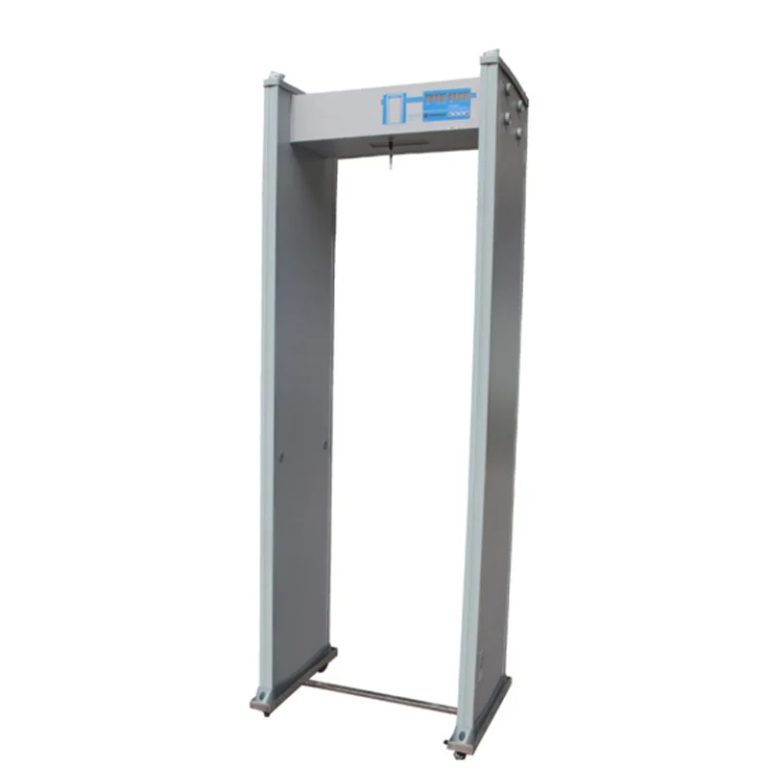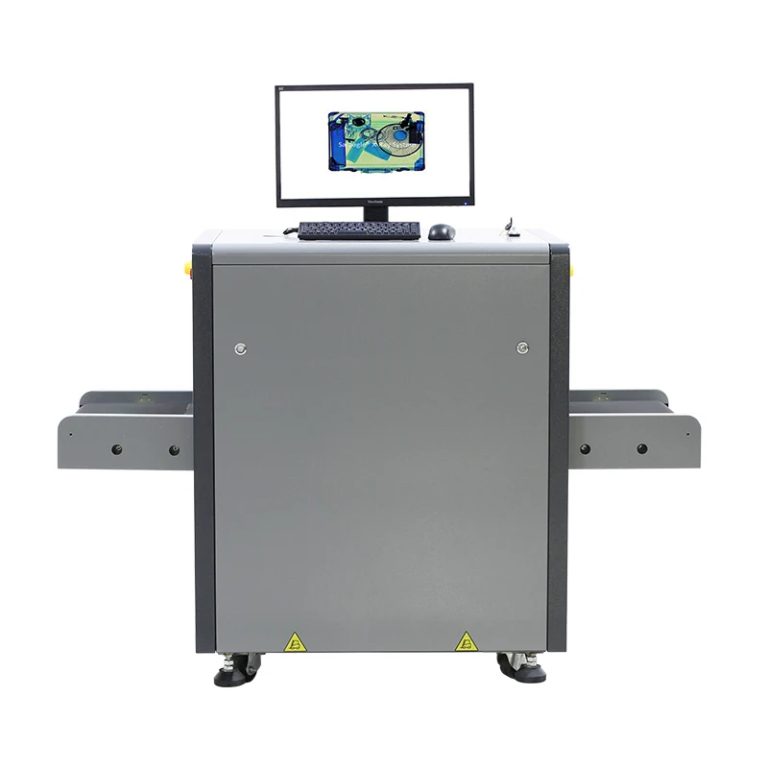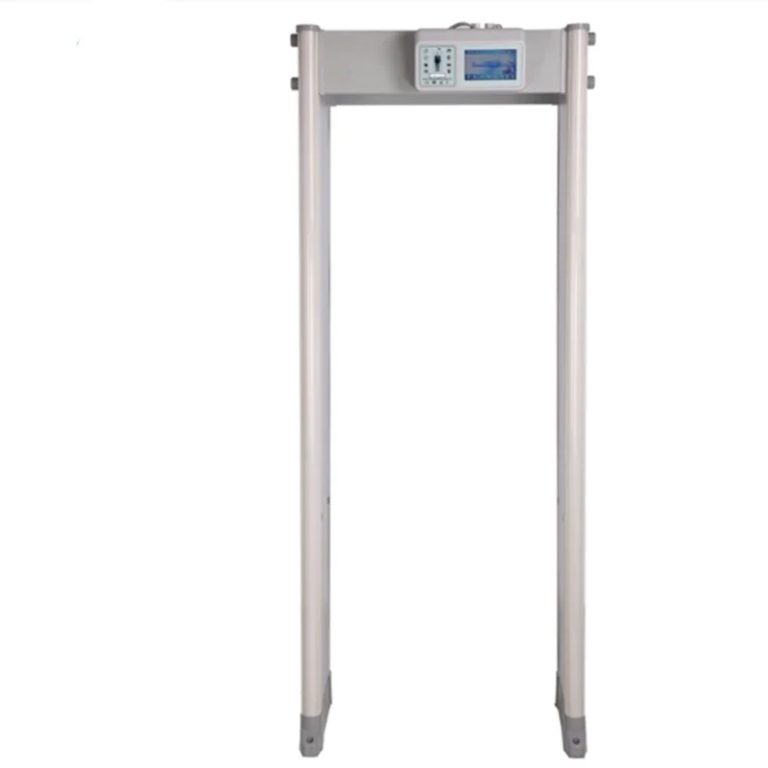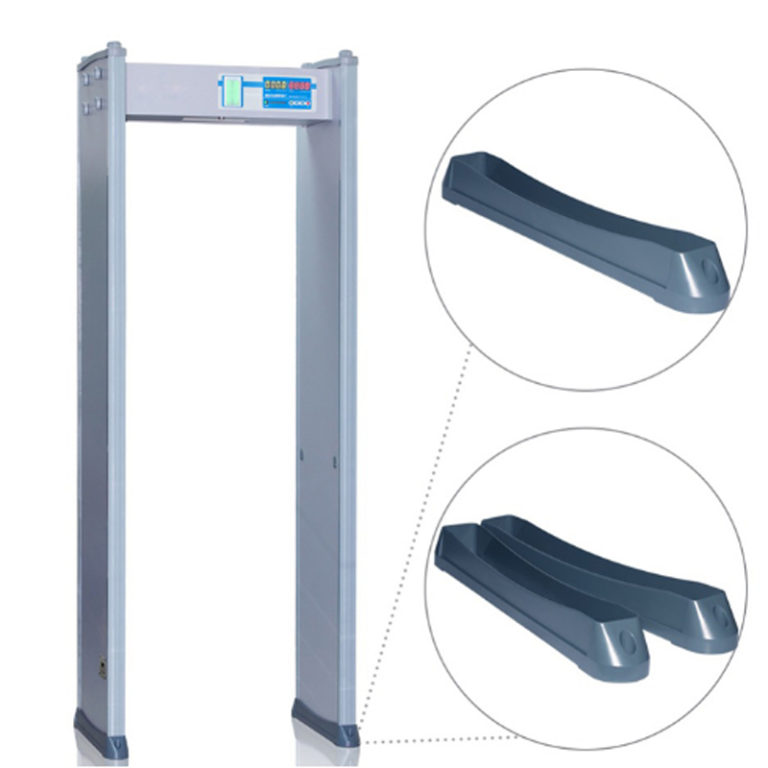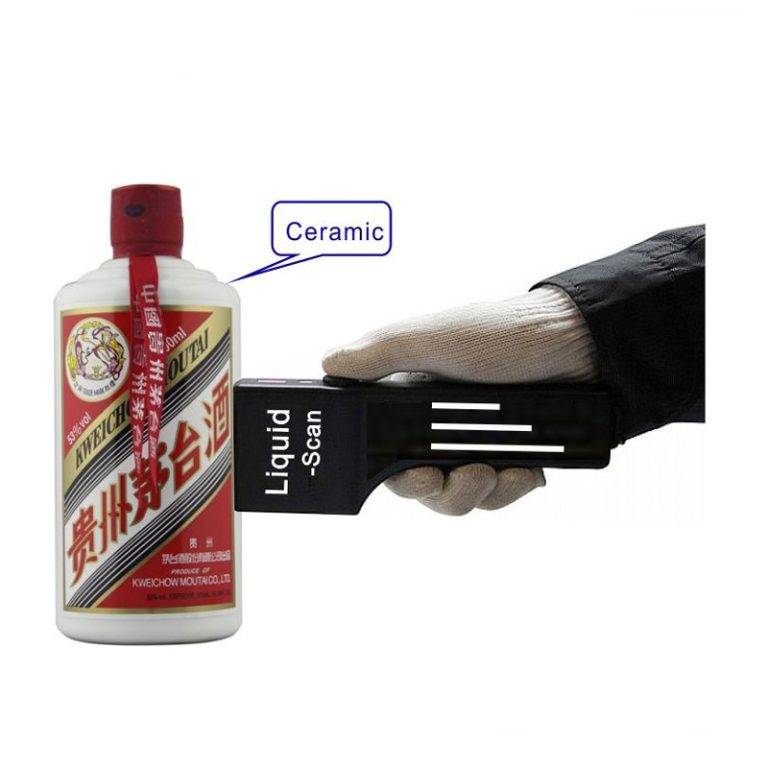Maximizing Productivity: The Role of Industrial Metal Detectors in Boosting Efficiency
Industrial metal detectors play a pivotal role in boosting efficiency and maximizing productivity in various industries. These devices, which are designed to detect metallic elements in different materials, are integral to the operations of sectors such as food processing, mining, pharmaceuticals, textiles, and plastics, among others. By leveraging the capabilities of industrial metal detectors, businesses can significantly enhance their operational efficiency, reduce waste, and ensure the quality of their products.
The primary function of industrial metal detectors is to identify and isolate metallic contaminants in raw materials or finished products. This is particularly crucial in the food processing industry, where the presence of metal fragments can pose serious health risks to consumers and lead to costly product recalls. By detecting and removing these contaminants, businesses can ensure the safety and integrity of their products, thereby maintaining consumer trust and avoiding potential legal issues.
Moreover, industrial metal detectors can help to prevent damage to expensive machinery. In industries such as mining and construction, metallic debris can cause significant wear and tear on equipment, leading to costly repairs or replacements. By identifying these potential hazards before they cause damage, businesses can prolong the lifespan of their equipment and reduce maintenance costs. This not only saves money but also minimizes downtime, thereby enhancing overall productivity.
In addition to safeguarding product quality and equipment, industrial metal detectors can also contribute to efficiency by streamlining the production process. Advanced models are capable of detecting a wide range of metals, including both ferrous and non-ferrous materials, and can do so at high speeds. This allows businesses to maintain a steady pace of production without compromising on quality control. Furthermore, modern metal detectors are designed to integrate seamlessly with existing production lines, making them a practical and convenient solution for businesses of all sizes.

The use of industrial metal detectors also promotes efficiency by reducing waste. When metallic contaminants are detected, the affected product can be isolated and removed from the production line. This prevents the contamination from spreading to other products and reduces the amount of waste generated. In turn, this leads to cost savings and contributes to more sustainable business practices.
The benefits of industrial metal detectors extend beyond the immediate operational advantages. By ensuring product safety and quality, these devices can help businesses to build a strong reputation in their respective industries. This can lead to increased customer loyalty, higher sales, and greater market share. Furthermore, by demonstrating a commitment to quality control, businesses can gain a competitive edge and differentiate themselves from their competitors.
In conclusion, industrial metal detectors are a valuable tool for businesses looking to boost efficiency and maximize productivity. By detecting and removing metallic contaminants, these devices can ensure product safety, prevent equipment damage, streamline production, reduce waste, and enhance a company’s reputation. As such, they represent a worthwhile investment for businesses across a wide range of industries. Whether a business is looking to improve its existing operations or is just starting out, the incorporation of industrial metal detectors into its production process can yield significant benefits.

